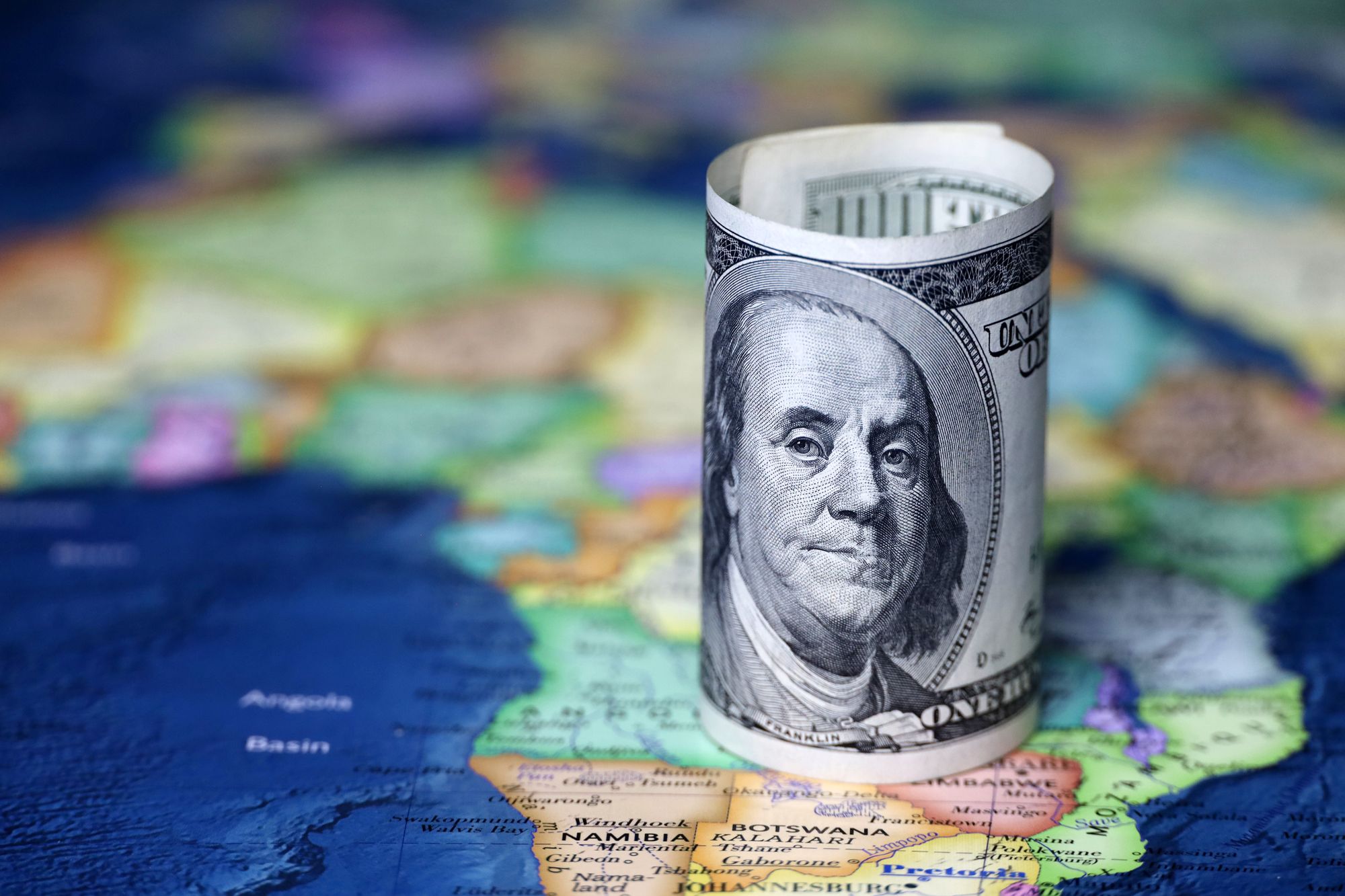The topic of de-dollarization in Africa has been in discourse for a long time now owing to the vast economic challenges the continent is facing. The COVID-19 shocks, Russia’s invasion of Ukraine, the triple planetary crisis have further exacerbated the setbacks further affecting many African nation’s economic recovery.
For decades now the United States dollar has been used as the official or dominant medium of exchange for many countries on the continent which has led to high dependency on it. There has been many arguments in favor of de-dollarization; which involves reducing the over-reliance on the dollar and restoring the individual countries national currency’s prominence.
While the use of dollar has the added advantage of perceived stability and credibility that comes with using a strong, internationally recognized currency it’s scarcity in many African countries has led to the creation of artificial inflation of currency’s value across many nations in the continent, adversely affecting the cost of doing business. With the currency devaluation resulting in inflated costs for key imports such as fuel and raw materials further straining the economies.
Experts argue that if African countries adopted the use of their individual currencies in place of the dollar, greater regional integration would be reached. The use of regional currencies could strengthen economic ties and further enhance intra-African trade and reduce dependence on foreign imports
Stronger monetary policies
The use of the dollar often limits the effectiveness of African countries monetary policy, as the country loses control over its currency’s value and interest rates. This loss of monetary sovereignty hampers the government’s ability to stimulate the economy during crises. Furthermore it can exacerbate income inequality, as it may benefit those who have access to dollars while leaving others vulnerable to economic shocks
De-dollarization on the other hand allows for greater control over economic policies and can act like a shock proof to African economies by reducing their exposure to fluctuations in the global finance architecture and other external shocks which can further stabilize economies and promote greater economic resilience. However this requires strong fundamentals and comprehensive reforms.
Pan African Payments and Settlement System
Birthed in January 2022 by the Africa Export-Import Bank and the AFCFTA secretariat, this new system could help address the challenge of complex cross border payments by increasing efficiencies and promoting seamless transactions.
Through its infrastructure PAPSS ensures instant or near-instant transfers of funds between originators in one African country and beneficiaries in another through a simplified process that reduces the costs and complexities of foreign exchange for cross-border transactions between African markets.
This payment system decreases the dependence on a foreign currency like the US Dollars during the settlement system for continental transactions and will in turn help in raising the quality of the individual African nations’ currency especially as the presence of the ‘third party’ correspondent banks that are perhaps offshore during settlement in the value chain would have been removed.
Rerouting African cross border payments offshore for settlement and clearing only increases the turnaround time to conclude an intra-African transaction which will acutely reduce customer satisfaction and may reduce the intra-African trade.
In conclusion, the process of de-dollarization is a complex and challenging task for many nations across the continent. It requires restoring confidence in the domestic currency, which may take time and require significant structural reforms, not to mention the transition costs, such as converting dollar-denominated debt and contracts into local currency. Moreover, de-dollarization may not necessarily guarantee economic stability if underlying structural issues, such as fiscal mismanagement or corruption, are not adequately addressed.
Ultimately, the decision to adopt or relinquish the use of the dollar in transactions should be based on a thorough assessment of each country’s specific circumstances and long-term development goals. Successful de-dollarization requires robust macroeconomic fundamentals, political stability, and effective governance. African countries considering de-dollarization must implement comprehensive reforms, including strengthening institutions, improving fiscal management, and promoting transparency.

